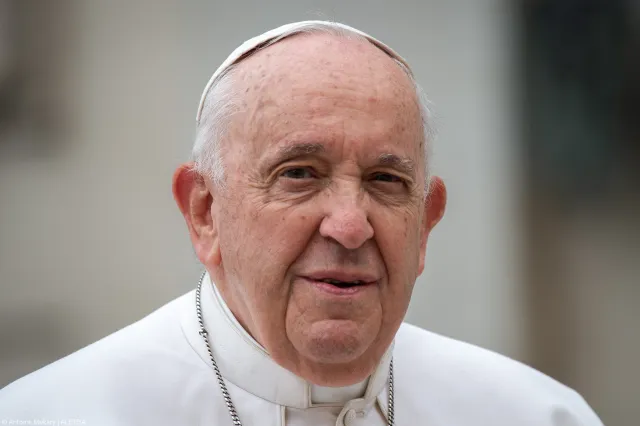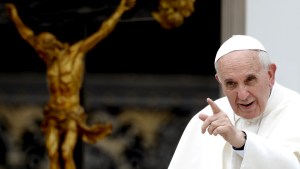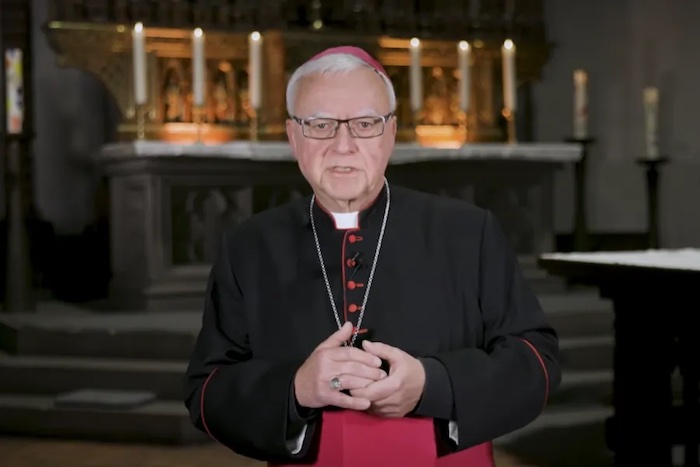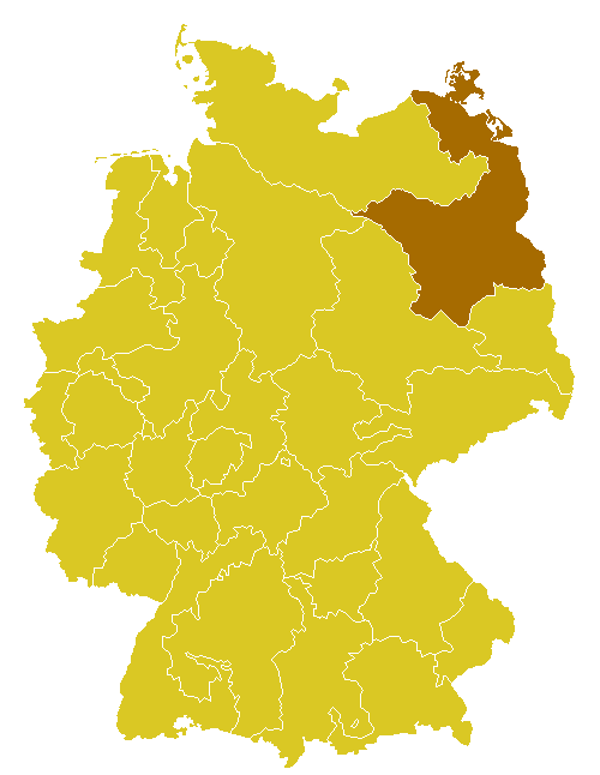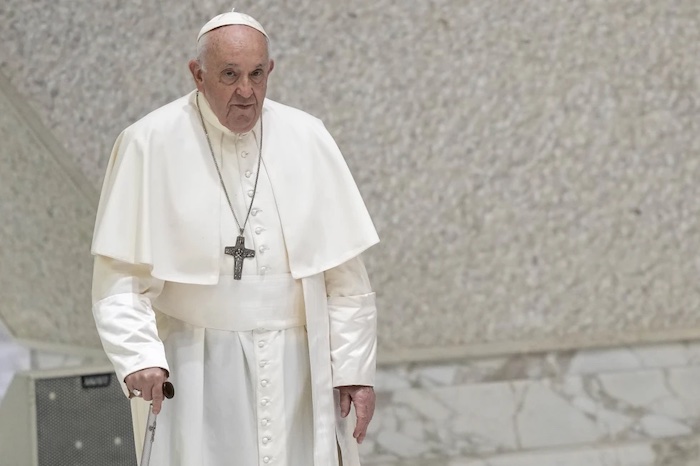— Where Francis sees rigid ideology replacing faith in the conservative American Catholic hierarchy, his critics see a struggle to preserve traditions and teachings they saw as settled.
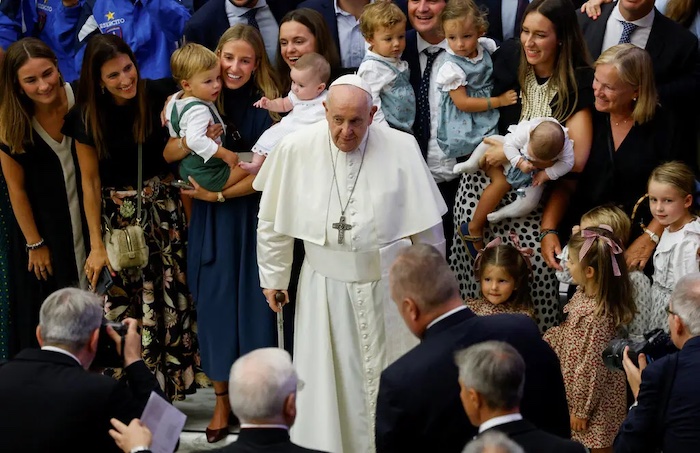
By
When Pope Francis spoke of “a very strong, organized, reactionary attitude” that opposes him within the Roman Catholic Church in the United States and, in comments that became public this week, warned against letting “ideologies replace faith,” some American Catholics recognized their church immediately.
“He is 100 percent right,” said the Rev. James Martin, a Jesuit priest and commentator who is considered an ally of Francis. The opposition to Francis within the American church now, he said, “far outstrips the fierceness of the opposition to Saint John Paul II and Pope Benedict,” the two previous popes.
When Father Martin visits Rome these days, he said, the first question many people there ask him is, “What is going on in the U.S.?”
It’s essentially the same question that prompted the pope’s sharply critical remarks, which were made impromptu last month and published this week by the Vatican-approved Jesuit journal La Civiltà Cattolica.
In a private meeting with Portuguese Catholics in Lisbon, a priest told Francis that on a recent sabbatical to the United States, he had observed that many Catholics, and even bishops, were openly hostile to the pope’s leadership.
“You have seen that in the United States, the situation is not easy: There is a very strong reactionary attitude,” the pope replied. “It is organized and shapes the way people belong, even emotionally.”

There are conservative Catholics all over the world who emphasize the church’s teaching on sexual morality and obedience, and who prefer traditional forms of worship. But they are especially prominent and influential in the United States, where Francis faces a church hierarchy that is uniquely hostile to his papacy, led by several outspoken bishops and fueled by a well-funded ecosystem of right-wing Catholic websites, radio shows, podcasts and conferences that have shaped the landscape of American Catholicism and politics more broadly.
“The pope has only spent six days in the U.S. in the last 10 years, so it’s difficult to understand how he really understands Catholics in the U.S.,” said C. Preston Noell III, public liaison for the American Society for the Defense of Tradition, Family and Property, a right-wing Catholic organization that describes itself as “on the front lines of the Culture War.”
“All we’re trying to do is defend the traditional teachings of the church,” Mr. Noell added, singling out opposition to same-sex marriage and artificial contraception.
Francis’ latest, unusually sharp comments about the American church landed at a delicate moment, about a month before a major gathering in Rome that has drawn escalating anxiety and outrage among some American clergy members and commentators. The gathering, an assembly of the Synod of Bishops, will be the first at which women and lay people will be allowed to vote, and it is expected to prompt wide-ranging debate on the church’s teachings and its future.
The Vatican recently announced that on the opening day of the synod, Francis will release a second part of his encyclical Laudato Si, a forceful call to reframe care for the environment as a moral and spiritual imperative. Some conservatives see the encyclical as an attack on capitalism.
After three decades of leadership by popes who generally affirmed American conservative priorities, “Francis has been a complete shock to the system,” said John McGreevy, a historian at the University of Notre Dame. “It just has been tough for a big chunk of the American church, who thought these questions were settled and now seem unsettled.”

The first pope from the global south, Francis has emphasized making the church he leads a more expansive and inclusive one, in contrast to the smaller and more ideologically homogeneous church that some conservatives would prefer. Devotees of the Tridentine Mass, a traditional form of worship said in Latin, fiercely resent that Francis has narrowed their latitude to celebrate the rite, which was largely phased out in the 1960s.
Francis has shown a penchant for seemingly off-the-cuff remarks that poke at conservative priorities. His reply to a question in 2013 about gay priests — “Who am I to judge?” — is perhaps the most memorable single moment so far in his papacy, widely quoted by his supporters and critics alike.
He has worked to cement his legacy by replenishing the College of Cardinals, who will choose the next pope, with men of voting age who share his priorities. By now, he has appointed a strong majority of the group.
Among conservatives in the United States, the pope’s latest comments felt personal. A headline on the conservative website First Things asked, “Why Does the Pope Dislike Me?”
Part of what makes the American opposition to Francis’s agenda unique is that a drumbeat of direct defiance is coming not just from commentators, but also from high-ranking clergy members.
A coterie of outspoken clerics have recently fanned speculation that the synod might undermine core Catholic doctrine on the Eucharist, salvation and sexual ethics. In a public letter in August, Bishop Joseph Strickland of Tyler, Texas, warned that many “basic truths” of Catholic teaching would be challenged at the synod, and that the church could split irrevocably in its wake.
Cardinal Raymond Burke, an American former archbishop and leading voice among conservative Catholics, wrote in the foreword of a book published last month that the synod’s collaborative process was inflicting “evident and grave harm” on the church.
An English translation of the book, “The Synodal Process Is a Pandora’s Box,” was published by Mr. Noell’s organization, which recently mailed copies to all the cardinals, bishops, priests, deacons and religious brothers in the United States — about 41,000 in all.
Like other conservative Christians, some Catholics in the United States see themselves as embattled, surrounded by a culture that is hostile to Catholic doctrine and practices.
Catholics make up about 20 percent of adults in the United States, but Mass attendance has been declining for decades, and dropped sharply during the pandemic.
As a whole, Catholics in the United States are a politically diverse group, but those who still attend Mass more frequently also tend to be more conservative. And young men entering the priesthood in the United States are increasingly conservative, surveys have consistently found.
Father Martin said that in many places, Catholics who support the pope’s vision “don’t feel comfortable in their parishes, because the way that Francis’s vision of the church is ignored or downplayed discourages them,” and added, “The opposition to Francis is so loud that it dominates the conversation.”
Kevin Ahern, a professor of religious studies at Manhattan College, said that many of his students, both Catholic and not, arrive in his classroom totally unfamiliar with Catholic social justice teachings, a historically robust strain of Catholicism that has played a role in labor movements and debates over immigration and the death penalty.
Students who have been exposed to the Church only through its most prominent voices in the wider culture, he said, “are surprised to learn that the Catholic Church doesn’t map onto Republican talking points.”
Francis himself appeared undisturbed by the reaction to his latest comments by his critics in the United States. “Yes, they got mad,” he told reporters on Thursday as he flew to Mongolia for a formal visit. “But move on, move on.”
Complete Article ↪HERE↩!

